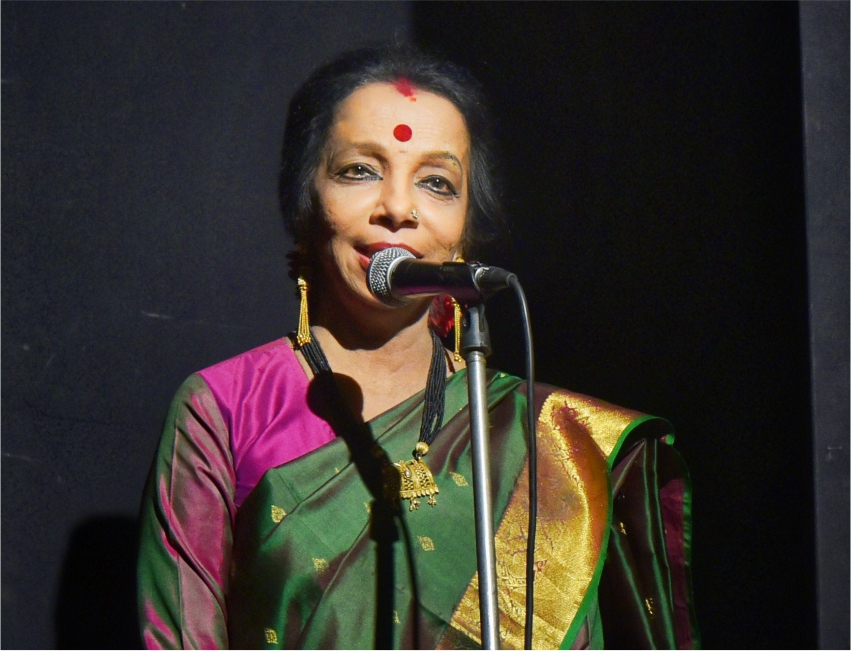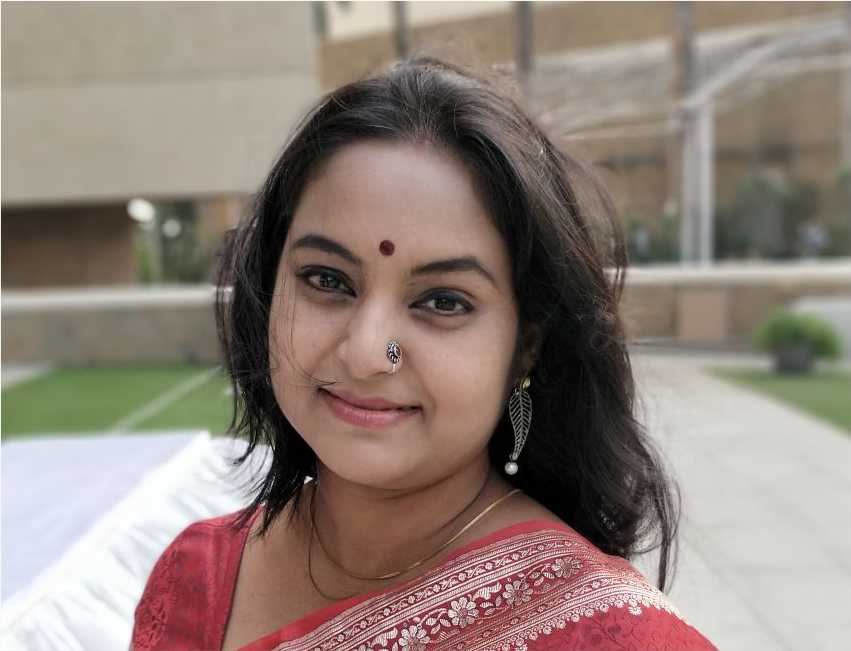Uzbekistan: In awe with all things Indian

- Sandip Soparrkar
- 29 May, 2025
The vibrant essence of Indian culture is making waves in Uzbekistan, where Indian classical dance, yoga and the Hindi language are enjoying an unprecedented surge in popularity. At the heart of this cultural renaissance is the Lal Bahadur Shastri Centre for Indian Culture (LBSCIC) in Tashkent, a hub of creativity and learning.
A centre of cultural diplomacy
Established in 1995, LBSCIC has grown into the largest Indian cultural centre in Central Asia. Initially called the Indian Cultural Centre, it was renamed the Lal Bahadur Shastri Centre for Indian Culture in 2005 to honour one of India’s most beloved leaders.
Nigora, a translator at the Centre, shares the enthusiasm of local participants: “There are over 1,500 students enrolled in various courses, including Kathak, yoga, and Hindi. Everything Indian is much loved and appreciated here.”
Kathak: A dance of connection
Kathak, one of India’s most elegant classical dance forms, has found a passionate audience in Uzbekistan. Nikita, the Centre’s Kathak instructor, has been instrumental in this cultural exchange. “The students are very enthusiastic about the Kathak classes I teach, and they rarely miss a session. My oldest student is 72, and she’s very skilled,” Nikita shares with pride.
Yoga: A path to wellness
Yoga, India’s gift to global health and spirituality, has gained significant traction in Uzbekistan. The Centre offers yoga classes that cater to a wide demographic, from beginners to seasoned practitioners. The popularity of yoga is evident during events like International Yoga Day, celebrated with great enthusiasm at LBSCIC.
Yoga’s universal appeal has bridged linguistic and cultural gaps, allowing individuals from diverse backgrounds to find common ground in the pursuit of wellness.
Language as a bridge
The Hindi language, a vital component of Indian culture, is another key offering at the LBSCIC. Uzbek students, many of whom grew up watching Indian films and television, are now learning to read, write, and speak Hindi. The Centre’s well-equipped library further supports this linguistic and cultural exploration.
Expanding horizons
The Indian Council for Cultural Relations (ICCR) has played a pivotal role in strengthening India-Uzbekistan ties by establishing the ‘India Chair’ at the University of World Economy and Diplomacy in Tashkent. This initiative aims to engage young Uzbek scholars with India’s rich academic and cultural legacy. The Chair fosters intellectual exchange, encouraging students to explore India’s contributions to fields like economics, politics, and culture.
Why Uzbekistan loves Indian culture
Uzbekistan’s fascination with Indian culture has historical roots. The two regions have been connected for centuries through the Silk Road, which facilitated the exchange of goods, ideas, and traditions. This enduring connection has been rejuvenated in modern times through cinema, which introduced generations of Uzbeks to Indian songs, dances, and stories. As Nigora explains, “Everything Indian is much loved and appreciated here.”
This admiration extends beyond entertainment, manifesting in a deep respect for Indian philosophy, spirituality, and art. Programs at LBSCIC tap into this cultural affinity, offering Uzbeks a chance to experience the soul of India first-hand.
Empowering through dance and yoga
For many Uzbek women, especially, the LBSCIC represents a space of empowerment and self-expression. Whether mastering Kathak’s rhythmic footwork or achieving inner peace through yoga, these activities offer them a sense of accomplishment and community. Nikita’s classes, in particular, have become a sanctuary where women of all ages come together to celebrate their shared love for Indian dance.
The participation of older students, like Nikita’s 72-year-old Kathak enthusiast, highlights the Centre’s inclusivity. It sends a powerful message that age is no barrier to learning and that passion can flourish at any stage of life.
The success of LBSCIC in Uzbekistan serves as a testament to the power of cultural diplomacy. By fostering mutual appreciation and understanding, the centre strengthens the bond between India and Uzbekistan.




